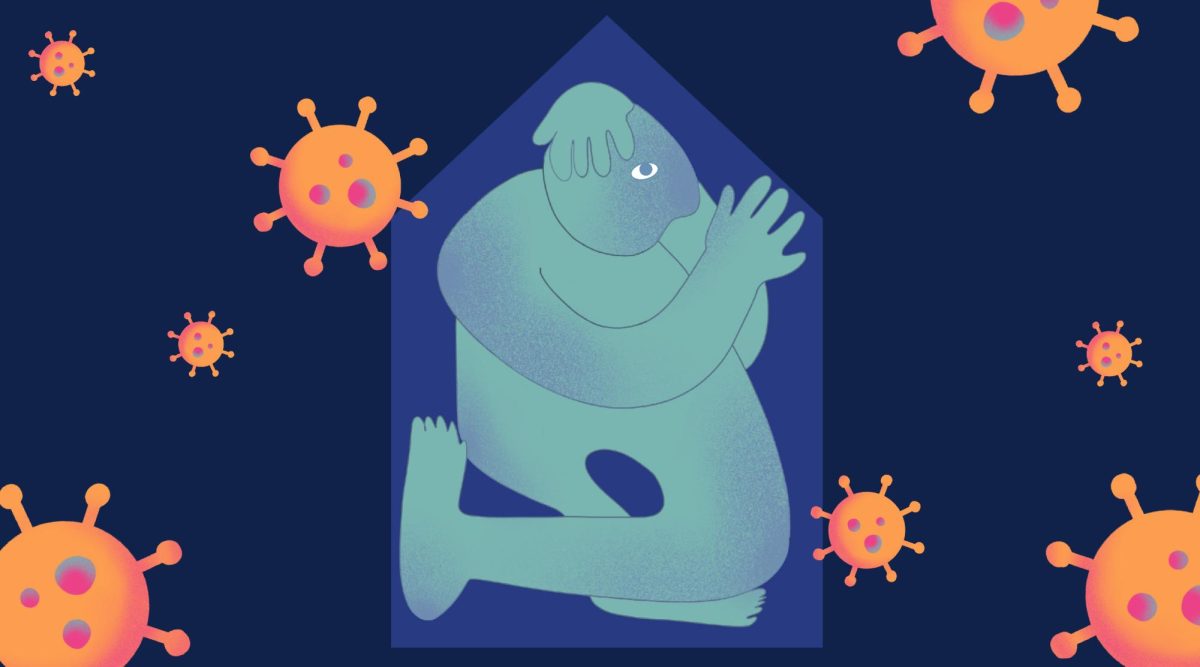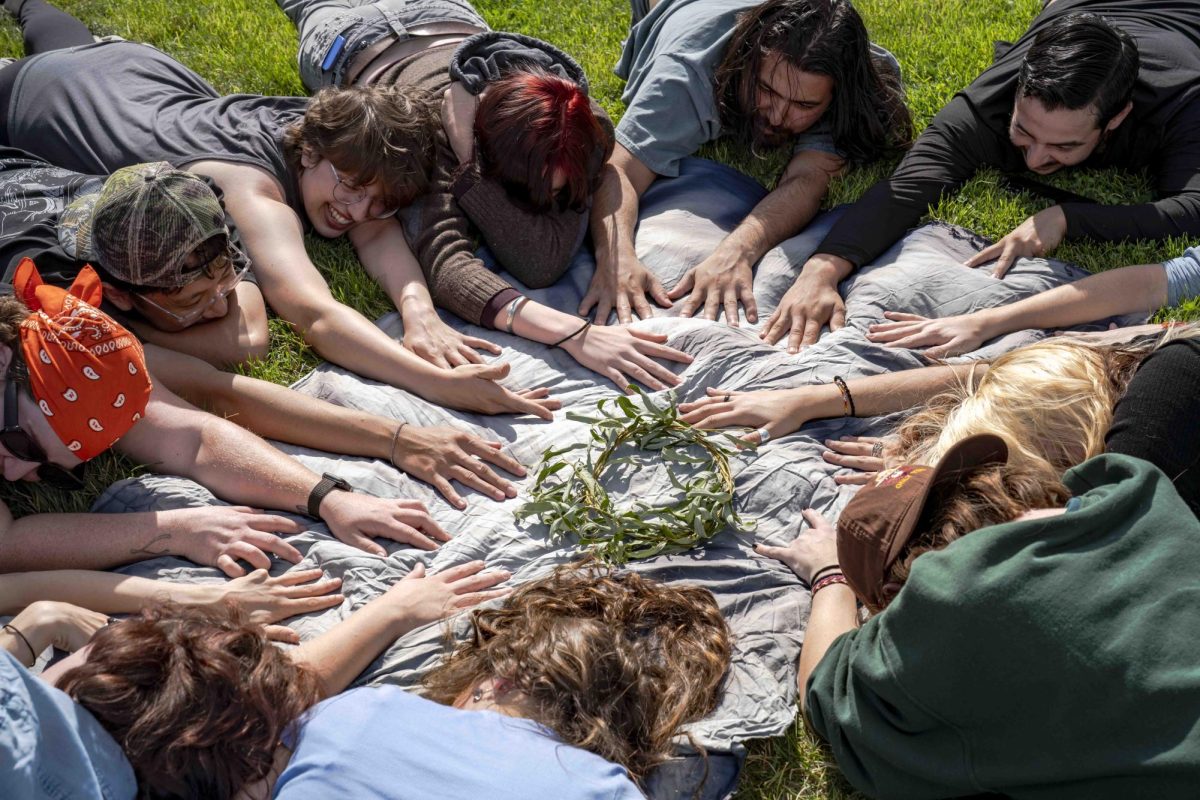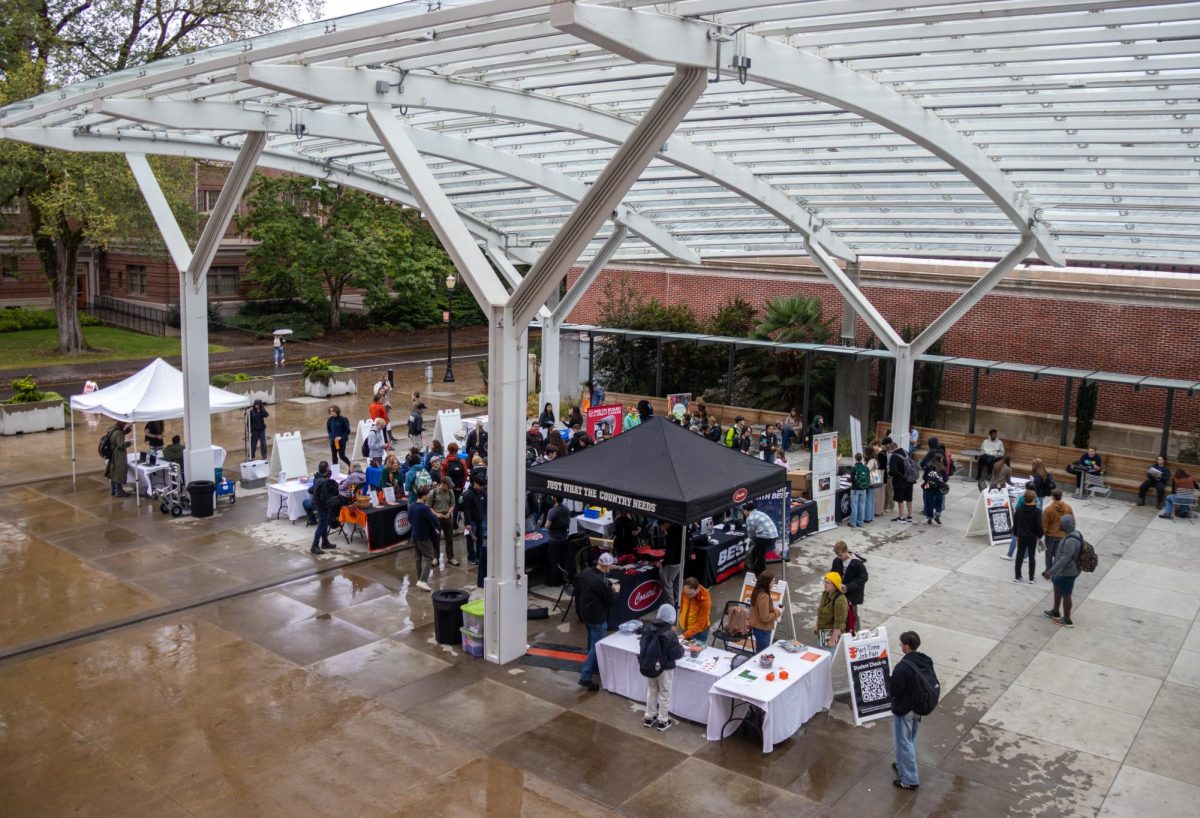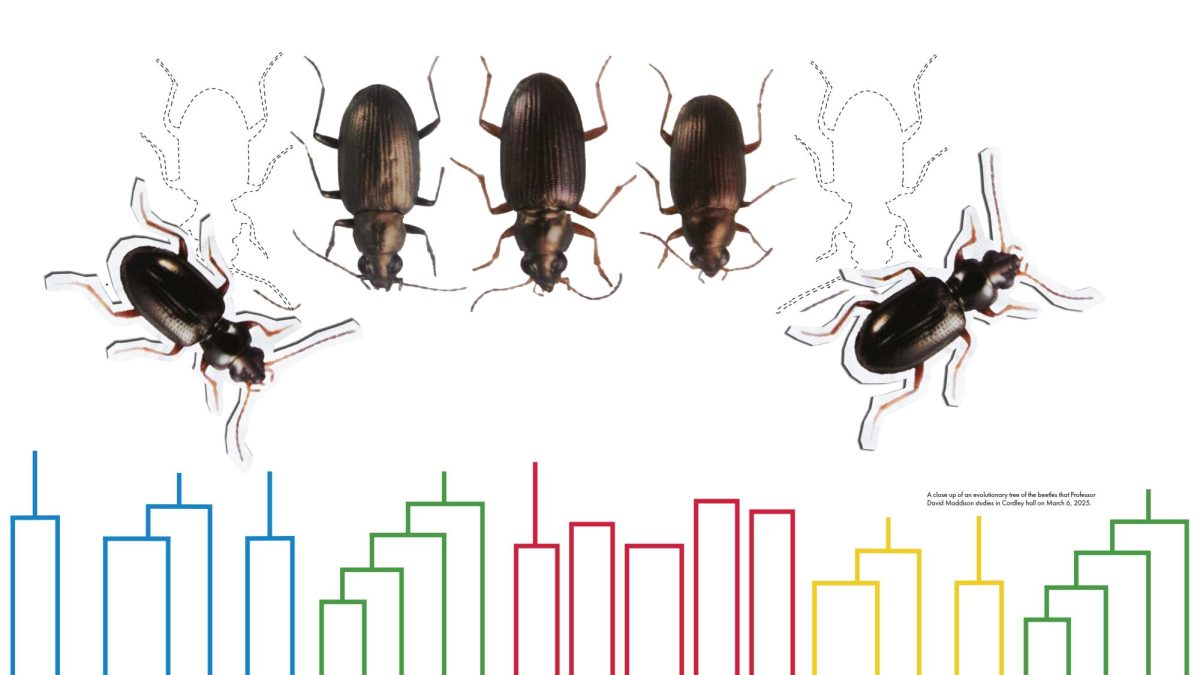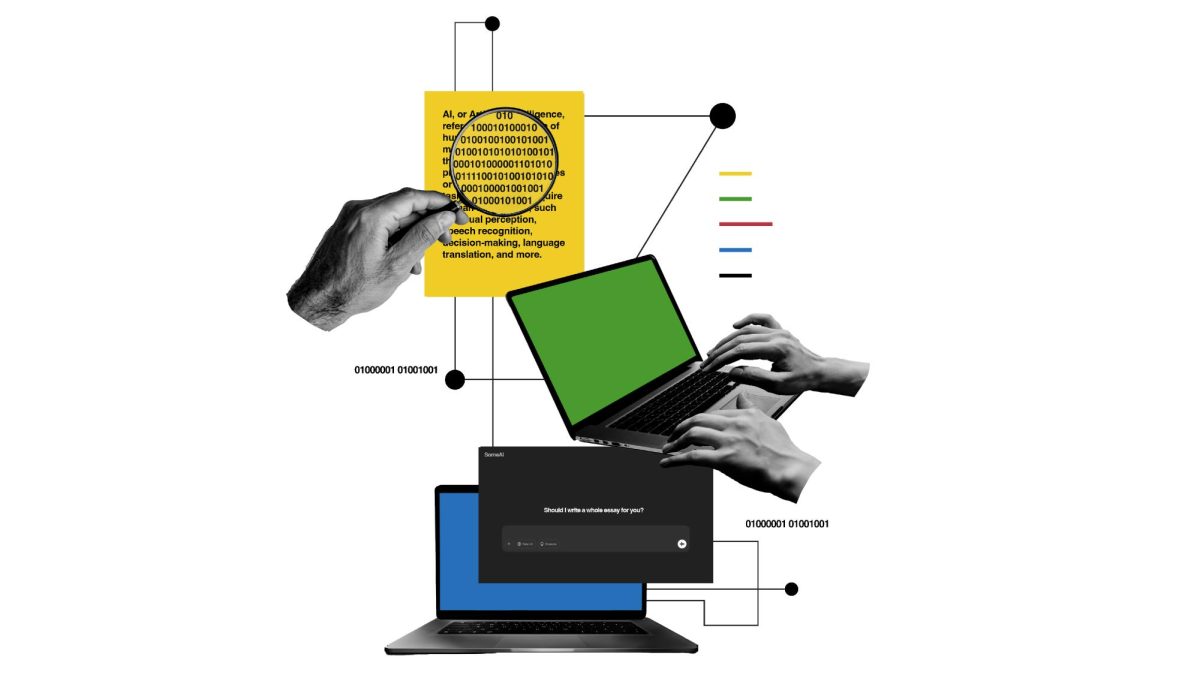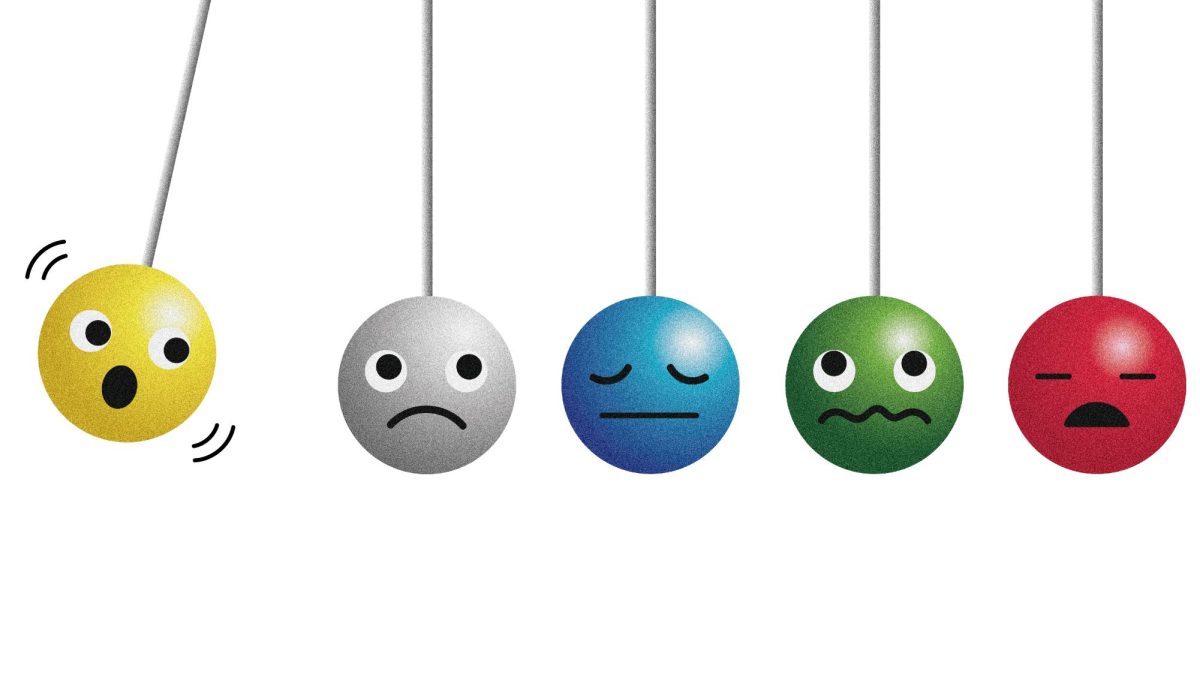While COVID-19 changed our world five long years ago, many of us are still feeling the effects the global pandemic had on our mental health. These effects are especially prevalent in young people and, specifically, the age group currently most present at Oregon State University.
Beyond triggering a 25% increase in anxiety and depression around the whole world, the global pandemic brought with it new and complex perspectives on mental health. One of the most noticeable of these concerns is increased loneliness and a clear decline in social connection, both in our individual lives and broadly around the world.
Courtney Campbell, an OSU professor in the School of History, Philosophy and Religion, identified four major changes that he believes the pandemic brought on student mental health, academic performance, and the general vitality of campus life, the first of which is increased loneliness.
Many of us spent probably the majority of the pandemic holed up in our bedrooms, scrolling through TikTok and binge watching “Schitt’s Creek.” School was reduced to a new and unfamiliar environment called “Zoom” and, for many students, friendships were left to the wind.
Jack Hennum, a transfer student who lost his senior year of high school to COVID-19, thinks of his relationship with mental health and the pandemic as one primarily colored by loneliness.
“I had all these plans, and then suddenly I was locked in my room,” Hennum said. “I was a little taken aback. During lockdown, I had minimal contact with friends, that was pretty new to me. Suddenly it became a few phone calls and game chats and I didn’t take that well.”
Samantha Gaiera, who was a sophomore when the pandemic began, shared a similar story. “You know how that big thing happened to the world and we all forgot how to hangout?” Gaiera said.
Gaiera explained that for her, as well as many other teenagers, anxiety was already a concern. What the pandemic did, then, was force you to “deal with it alone in your room for days on end.”
Max Riley Pasciak, a first-year OSU student who was a freshman in high school when COVID-19 hit, relates to the shared loneliness. “When you miss (high school), you have a bunch of people who are trying to be young adults who don’t have the social development necessary to be a young adult.”
In addition to increased levels of loneliness, Campbell said the second mental health impact of COVID-19 is the increased anxiety among younger generations. Hennum, Gaiera and Riley Pasciak all expressed similar feelings of social anxiety.
Campbell also noted decreased attention span after COVID-19. Campbell explained that in class, “students’ minds are on something else. They are not really present in the classroom.”
Riley Pasciak attributed Generation Z’s short attention span to the global pandemic. “When you expect instant gratification but go back into a world without it, it’s awkward, anxiety-filled and depressing,” Riley Pasciack said.
Finally, Campbell’s last observation on the impacts of pandemic is collective grief. “There is a real residual grief experience that students are expressing,” Campbell said.
Campbell teaches a course called “Death and Dying,” where he explores the role death and the feelings around it play in our culture.
Campbell explains that many students feel grief from losing someone or losing significant experiences. Most of Gen Z missed out on special memories, whether it is that big post-graduation trip, or your senior prom, or precious time with your friends and partners.
Hennum said of this loss: “It took the wind out of my sails.” His plans were diverted and time was lost. Riley Pasciak explained he missed out on “this whole transition phase” from middle to high school. Gaiera expressed feelings of both gratitude and grief about the loss of time and change in trajectory.
Campbell explained further that he began offering a new course on pandemics and philosophy. However, Campbell explained, “it quickly became clear that students were not interested in studying pandemics. It was too close to students’ lived realities. It was just too real.”
While these lingering mental health effects may seem somber, Riley Pasciak, Gaiera and Hennum all attest to feeling a return to normalcy and having a sense of recovery.
Campbell noted that students are more aware of their mental and emotional state.
“Students are more open about their mental health issues. It’s becoming kind of normalized, which is good,” Campbell said.

